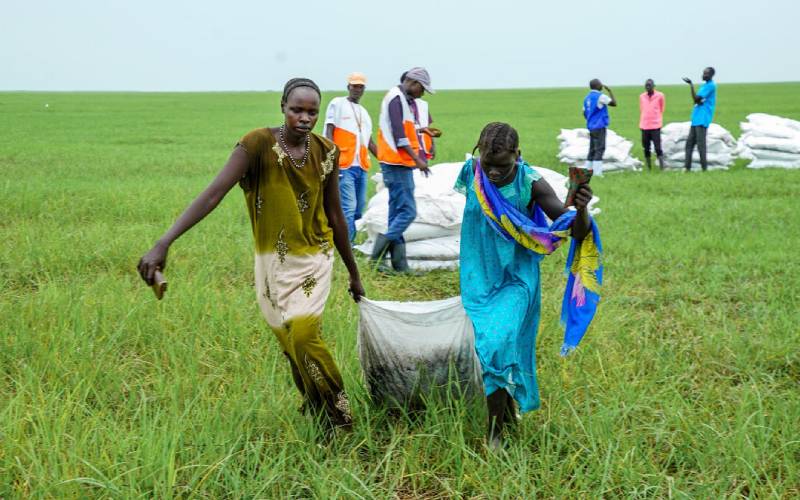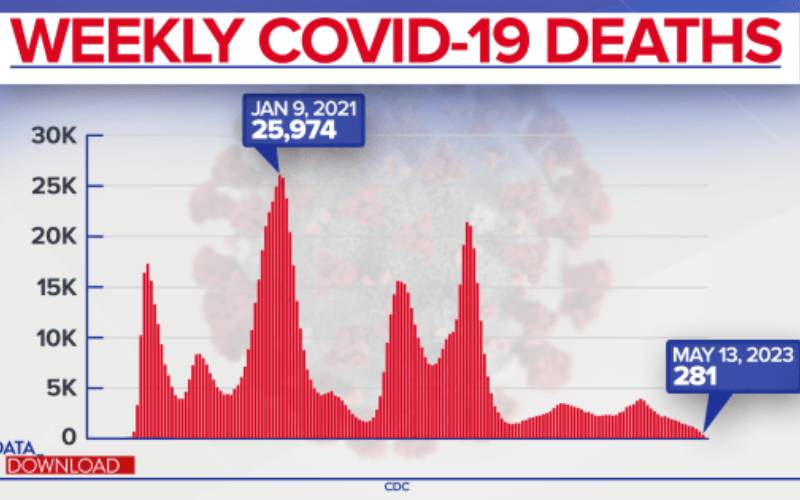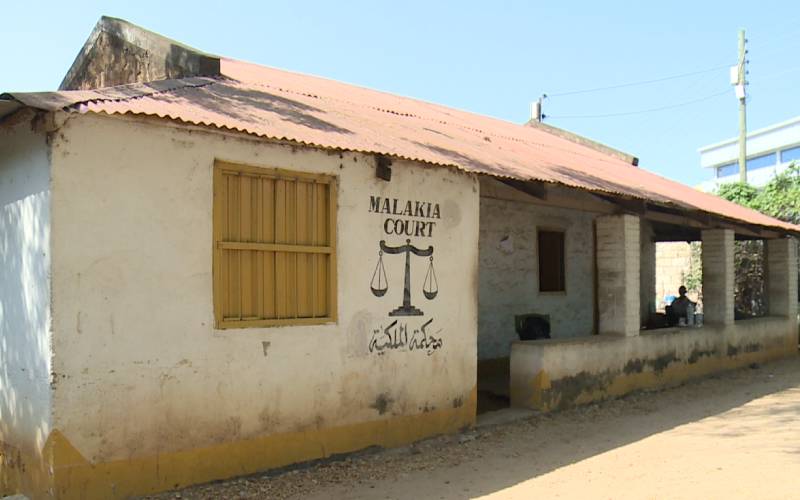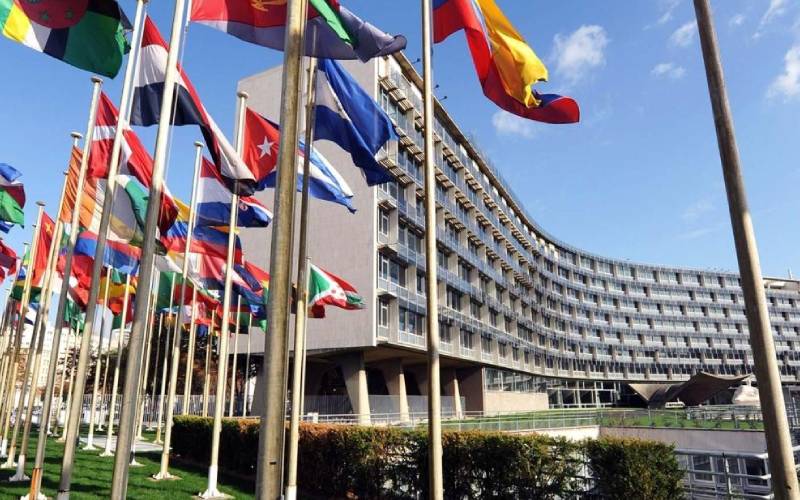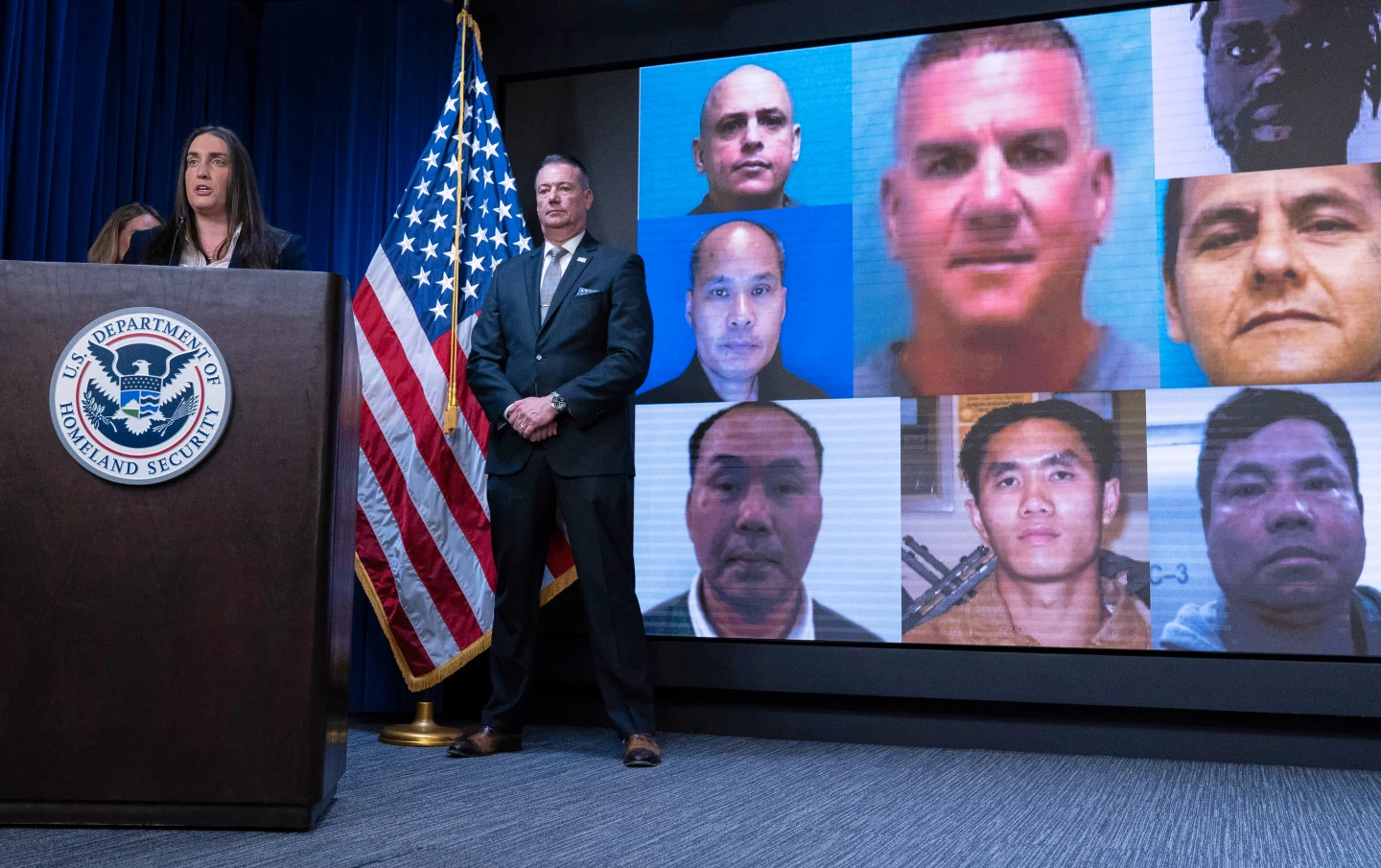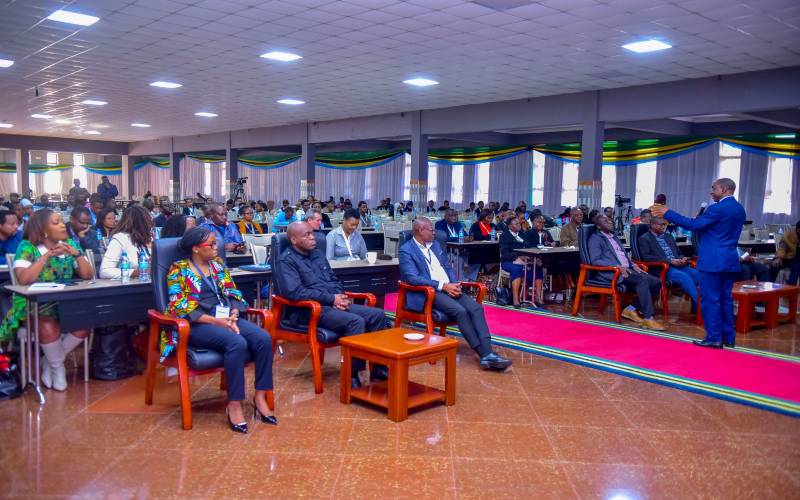The World Food Program (WFP), an agency of the United Nations that aids vulnerable populations with food, is facing challenges due to funding shortages amidst political shifts in the U.S. and increasing global conflict.
On January 20, 2025, United States Agency for International Develpment (USAID) funding was halted by U.S. President Donald Trump in an effort to reduce taxpayer expenses. Reports suggest that this USAID funding suspension will cause 14 million deaths by the year 2030.
In a press release on Tuesday, WFP announced that millions in South Sudan are at risk of extreme hunger, including 2.3 million children vulnerable to malnutrition. The agency identifies Upper Nile State and Bentiu in Unity State as the hardest-hit areas.
“A record 2.3 million children are at-risk of malnutrition – with conflict areas in Upper Nile and flood-affected areas such as Bentiu among the most impacted,” states WFP in a statement.
Approximately 7.7 million individuals, which is slightly more than half of South Sudan’s population, are experiencing severe hunger, with 83,000 people in a catastrophic situation, exacerbated by ongoing conflict and insecurity.
The crisis is further intensified by the arrival of 1.2 million individuals from Sudan since April 2023, who are reported to be hungry, malnourished, and traumatized.
Carl Skau, the WFP Deputy Executive Director and Chief Operating Officer, after his visit to South Sudan, described the humanitarian suffering as staggering, highlighting the struggles of millions of families facing hunger.
“The scale of the humanitarian needs in South Sudan is staggering. But the scale of suffering here does not make headlines. Whether it’s families trapped every year by flooding in Unity state or others trapped by conflict in Upper Nile state – millions of mothers, fathers, and children spend each day fighting hunger to survive,” Skau said.
WFP needs at least $274 million to provide 50 percent food rations to 2.5 million individuals suffering from acute food insecurity until the end of 2025,
